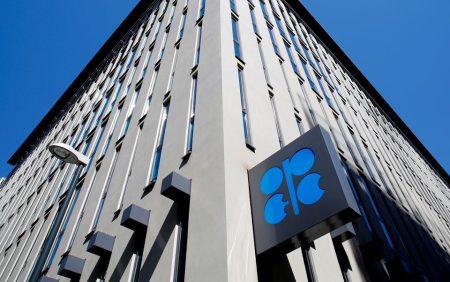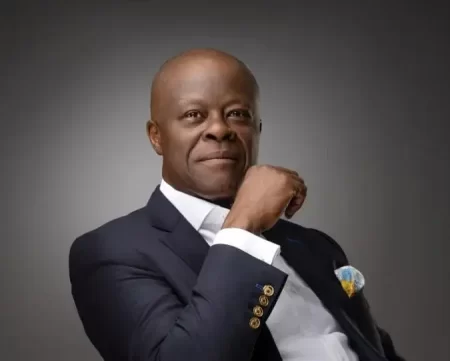02 November 2012, Sweetcrude, Abuja – An open disagreement between the Chairman, Petroleum Revenue Special Task Force, Nuhu Ribadu, and his deputy, Steve Orosanye, on the process leading to the compilation of the report of the committee, Friday, almost marred its presentation to President Goodluck Jonathan in Abuja.
But Jonathan who appeared embarrassed by the altercation however urged Nigerians not to be distracted by the small disagreement but to focus on the subject matter of the committee which is the sanitisation of the Petroleum Sector for the benefit of Nigeria and Nigerians.
He urged any member of the Ribadu Committee who had a contrary opinion from those expressed in the report to submit his opinion to him (President Jonathan) through his chief of staff or the Minister of Petroleum Resources.
Trouble started when Mallam Ribadu submitted his report where he recommended a stricter regulation of the sector, especially as regards collection of revenue from oil companies.
He said: “Mr president, the recommendation of our task force will strengthen institutions responsible for the management of petroleum institution, increase revenue accruing to the federal government of Nigeria.
“Mr. President our assignment is essentially to enhance government revenue in proving transparency and accountability and help you to fight corruption in this industry. Therefore in the course of the assignment, our work was extensive, our findings details and our recommendations far reaching in these various issues covered in our terms of reference.”
On the recommendation of the committee, Mallam Ribadu said to increase government revenue from this industry, “the government will need to put in place a coherent financing solution that allows government to fund it’s obligation under the joint venture contract. Funding Government obligation will unlock additional capital from our JV partners which will overtime increase government revenue from the proportionate additional balance of crude oil revenues, royalties on the entire production and taxes on taxable incomes”
He added: “Funding Government obligation will unlock additional capital from our JV partners which will overtime increase government revenue from the proportionate additional balance of crude oil revenues, royalties on the entire production and taxes on taxable incomes.
No sooner had he finished his submission, when Mr Orosanye, who was a Permanent Secretary at the State House and former Head of Civil Service of the Federation raised objections on what he said was the ‘flawed process” adopted by the committee in arriving at its report.
His position was corroborated by another member of the committee, Mr Bernard Otti who dissociated himself from the report because according to him, members did not see the report before it was submitted to the president.
However, two other members of the committee, Sumaila Zubair, who is the acting secretary of the Committee and Ignatius Adegunle rejected the submission of Orosanye and Oti, saying they never took part in the meetings of the committee.
According to Orosanye, “I want to say to you Mr. President that the process that has been followed is flawed and the report that has just been submitted to the honourable Minister is the immediate reaction to the President’s directive that the report be submitted.
“The last time this committee met was in early July when the draft report was to be considered and I raised certain pertinent issues. It was agreed and suggested and accepted at that meeting that a small group be put together to review, modify and return to the report drafting committee before presenting to the whole house. That did not happen. No matter how good the efforts that have been put into this exercise, as long as the process is flawed and that report is one that cannot be implemented.
“When Mr. President gave the directive that the report be submitted today, we should have been man enough to say, it is not feasible. When I came in, I asked the secretary, where is the signature page? He said the chairman is to sign for all of us. I said certainly, I have not authorized anybody to sign on my behalf.
I don’t know what the report contains. Therefore, in my view, I do not think the report should be accepted at this time, I challenge any member of this committee to take me on.”
“It is unfortunate that the point has been missed on the process issue. We agreed that the committee be brought to a committee of the whole. That was not done. Some of the figures that were in the draft report were un-reconciled figures and I did say in that meeting that we have institutions responsible for this figures and therefore you should work with these institutions. I do not know whether DPR and FIRS are here. These are the people who should be talking about these figures and there were statements that were subjective.
“What I am saying is that the President has said come and submit the report, so what, if we are not ready, we are not ready. When I say so what, the President has spoken, we should be man enough to tell the President that we are not ready. That is the reason why you are handing over a report that is not process driven” he said.




